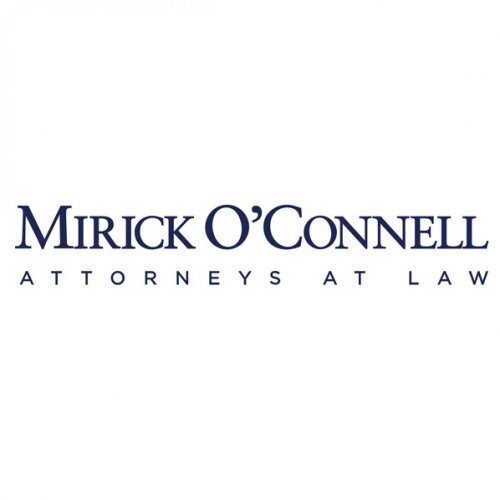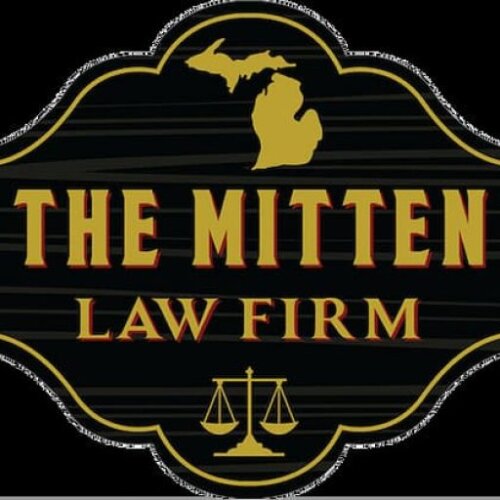Best Bankruptcy Lawyers in United States
Share your needs with us, get contacted by law firms.
Free. Takes 2 min.
Or refine your search by selecting a city:
List of the best lawyers in United States
About Bankruptcy Law in United States
Bankruptcy is a legal process in the United States designed to help individuals and businesses eliminate or repay their debts under the protection of the federal bankruptcy court. This process is governed by the United States Bankruptcy Code, and there are various chapters under which a case can be filed, such as Chapter 7 (liquidation), Chapter 11 (reorganization), and Chapter 13 (repayment plan). Each type of bankruptcy serves different needs and comes with specific benefits and consequences.
Why You May Need a Lawyer
Filing for bankruptcy is a complex process and having a lawyer can be crucial for several reasons. You may require legal assistance to determine the type of bankruptcy that fits your situation, to navigate the intricate legal requirements, to protect your rights, and to represent you in court. Common situations where legal help is needed include significant debt issues, stopping foreclosure, preventing repossession of property, and managing creditor harassment.
Local Laws Overview
While the federal Bankruptcy Code applies nationwide, certain aspects of bankruptcy can vary by state, such as exemptions for property, the filing fees, and specific forms required by local bankruptcy courts. These local differences can impact the decision to file, what property you are able to keep, and the overall process. Understanding the relevant state laws is essential for individuals considering bankruptcy as a debt relief option.
Frequently Asked Questions
What are the different types of bankruptcy?
The main types of bankruptcy for individuals are Chapter 7 and Chapter 13. Chapter 7 involves liquidating assets to pay off debts, while Chapter 13 involves creating a repayment plan to pay back debts over time.
Will I lose all my property if I file for bankruptcy?
Not necessarily. Each state has its own set of exemptions that allow you to keep certain property. Chapter 13 bankruptcy also allows you to retain your property while you repay debts under a plan.
How long does the bankruptcy process take?
Chapter 7 bankruptcy typically takes about 3-6 months from filing to discharge. Chapter 13 can take 3 to 5 years, as it involves a repayment plan.
How does bankruptcy affect my credit?
Bankruptcy can negatively impact your credit score and remain on your credit report for up to 10 years for Chapter 7 and 7 years for Chapter 13. However, it can also be a first step towards financial recovery and rebuilding credit.
Can all debts be discharged in bankruptcy?
No, not all debts are dischargeable. Common exceptions include student loans, child support, alimony, certain taxes, and debts from fraudulent activities.
What is the means test?
The means test is used to determine eligibility for Chapter 7 bankruptcy. It assesses your income compared to the median income in your state to see if you qualify for debt liquidation under Chapter 7.
Who oversees the bankruptcy process?
Bankruptcy cases are overseen by federal bankruptcy courts. A court-appointed trustee manages the debtor’s estate in Chapter 7 cases and oversees repayment plans in Chapter 13 cases.
Am I allowed to choose which debts to include?
All of your debts must be included in your bankruptcy filing. Attempting to exclude some debts can be considered fraudulent.
Can I file for bankruptcy more than once?
Yes, but there are time limits between filings. For instance, you must wait eight years between Chapter 7 filings.
How do I know if bankruptcy is the right choice for me?
Bankruptcy might be appropriate if you are unable to manage overwhelming debt and lack other options for financial relief. Consulting with a bankruptcy attorney can provide clarity on the best course of action.
Additional Resources
Several organizations and governmental bodies can be valuable resources for those seeking information on bankruptcy. Consider exploring the United States Courts' bankruptcy information page, local Legal Aid societies, and the National Foundation for Credit Counseling. Additionally, the American Bankruptcy Institute offers educational resources and research.
Next Steps
If you are considering bankruptcy, it is advisable to consult with a qualified bankruptcy attorney who can assess your financial situation, guide you through the intricate filing process, and represent your interests. You should gather all financial documents, including income, expenses, debts, and assets, before your consultation. Consider attending a credit counseling session, as this is a required step before filing for most types of bankruptcy.
Lawzana helps you find the best lawyers and law firms in United States through a curated and pre-screened list of qualified legal professionals. Our platform offers rankings and detailed profiles of attorneys and law firms, allowing you to compare based on practice areas, including Bankruptcy, experience, and client feedback.
Each profile includes a description of the firm's areas of practice, client reviews, team members and partners, year of establishment, spoken languages, office locations, contact information, social media presence, and any published articles or resources. Most firms on our platform speak English and are experienced in both local and international legal matters.
Get a quote from top-rated law firms in United States — quickly, securely, and without unnecessary hassle.
Disclaimer:
The information provided on this page is for general informational purposes only and does not constitute legal advice. While we strive to ensure the accuracy and relevance of the content, legal information may change over time, and interpretations of the law can vary. You should always consult with a qualified legal professional for advice specific to your situation.
We disclaim all liability for actions taken or not taken based on the content of this page. If you believe any information is incorrect or outdated, please contact us, and we will review and update it where appropriate.
Browse bankruptcy law firms by state in United States
Refine your search by selecting a state.

















